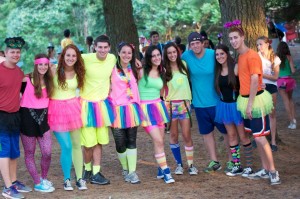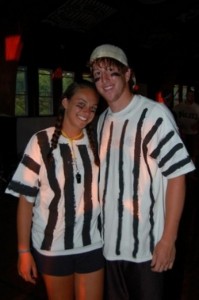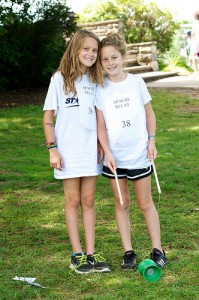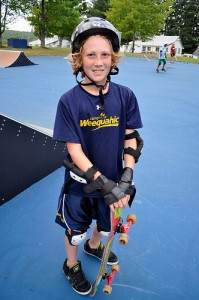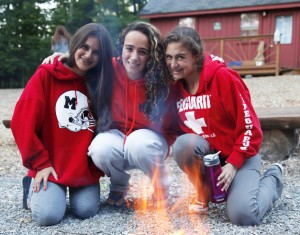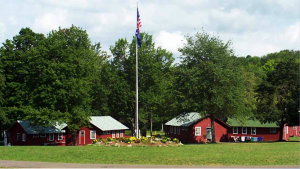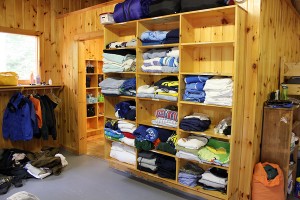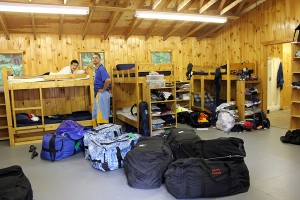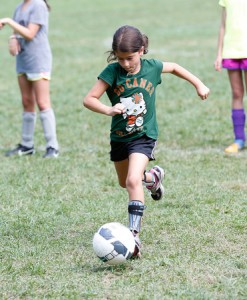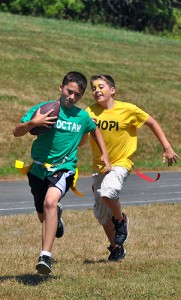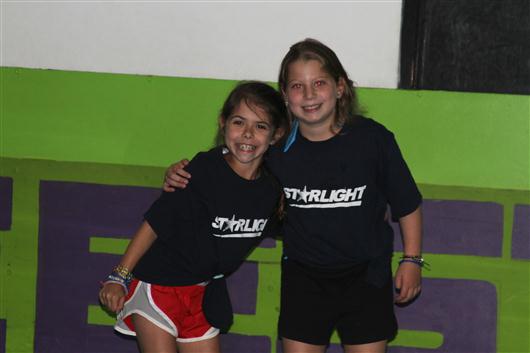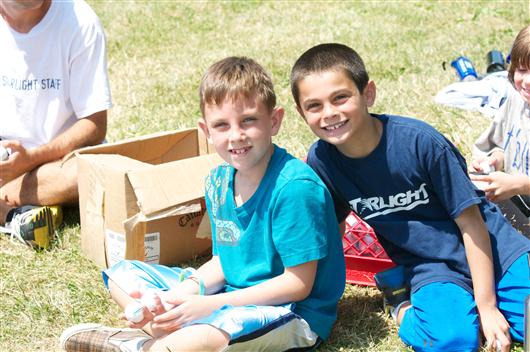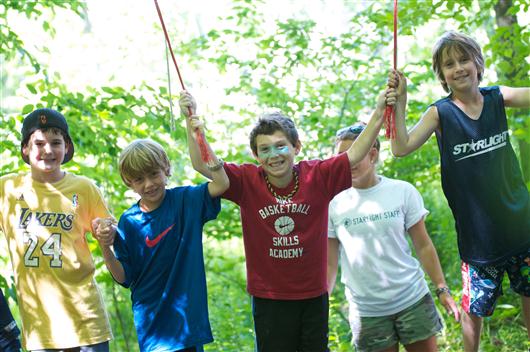The guest blog this week comes from the Laurel camps. If you’ve ever wondered what fuels a camp, read no further than this article.
 Former Disney CEO Michael Eisner says that being a summer camp counselor was the most valuable job he ever had.
Former Disney CEO Michael Eisner says that being a summer camp counselor was the most valuable job he ever had.
What a coincidence! Our counselors may be the most valuable part of the experience at Camp Laurel and Laurel South.
We’re very proud of our facilities and programs. We invest a lot of time, energy and resources into making them the best they can be.
But all that “stuff” means little without great people.
Counselors help create our camp community. They set the loving, caring tone that turns worries into wonder and strangers into life-long friends.

Counselors are parent figures, older siblings and role models, all rolled into one. They are problem-solvers, goal-setters and dream-makers – sometimes all at once.
Their creativity, empathy and passion provide the seeds for each child’s summer of growth.
With our counselors, we can do anything. We could drop them and our campers in a desert, or on a deserted island.
Everyone would have a great time.
Without our counselors, we’d be lost.
 The Laurel Camps staff come from across the United States. They bring a broad range of experiences and expectations to Maine. Their diversity is one of their strengths – and ours.
The Laurel Camps staff come from across the United States. They bring a broad range of experiences and expectations to Maine. Their diversity is one of their strengths – and ours.
Some are with us for a couple of years. They might move on to grad school, an internship or “real” job. When they do, they carry the very important “people skills” that attracted them to us originally, and that they’ve honed during their time at Laurel and Laurel South.
Other counselors make camping their career. They are “lifers.” They are coaches on the collegiate and high school level. They become educators – in elementary, middle or high school (even universities) – and return every summer. They mentor other counselors, as well as campers. That too is one of our staff’s strengths. 
We say with pride that we provide children with a lifetime of skills, confidence, friendships and memories. As Michael Eisner knows, it does all that for counselors too.
We look forward to introducing you to our superb 2013 staff in the coming months.
The preceding blog was originally posted the Camp Laurel blog on March 12, 2013.

 570-798-9831
570-798-9831





